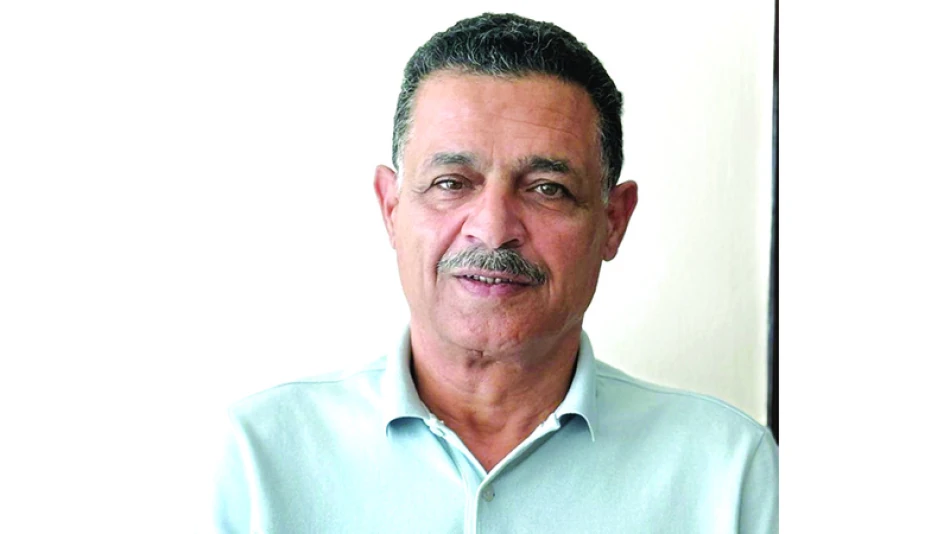
Masterful Planning Propels Al-Ahly and Sharjah Youth to Success
UAE Sports Clubs Rise to Continental Glory Through Strategic Investment and Elite Recruitment
Two Emirati sports clubs are redefining regional athletics through ambitious investment strategies that have delivered unprecedented success on both domestic and international stages. Al Sharjah's handball team and Shabab Al Ahli's basketball squad have emerged as continental powerhouses, challenging traditional sporting hierarchies across the Middle East through calculated recruitment of world-class coaches and foreign professionals.
Al Sharjah's Historic Handball Breakthrough
Al Sharjah handball team, known locally as "The King," achieved a milestone that reverberates far beyond UAE borders in November 2023 by capturing the Asian Champions title—the first in Emirati handball history. This triumph wasn't accidental but the result of systematic investment in elite talent acquisition that mirrors strategies employed by European football giants.
The club's recruitment philosophy gained international validation when Spanish powerhouse FC Barcelona signed Al Sharjah's Egyptian professional Ali Al-Zein in summer 2021. This transfer highlighted the caliber of talent the UAE club had been cultivating, demonstrating that strategic investment could elevate regional sports to global standards.
World Cup Ambitions Drive Further Investment
Following their Asian success, Al Sharjah's management doubled down on their winning formula by securing Brazilian handball legend Marcos Ricardo de Oliveira as head coach. De Oliveira, who serves as Brazil's national team technical director, brings World Cup-level expertise that positions the club for their upcoming FIFA Club World Cup campaign—a competition that will test their continental credentials against global elite.
Shabab Al Ahli's Basketball Dominance
Paralleling Al Sharjah's handball success, Shabab Al Ahli has established basketball supremacy through similar strategic investment principles. The club's systematic approach to talent acquisition—combining elite foreign professionals with top-tier coaching staff—has yielded consistent domestic dominance while building international credibility.
Their silver medal performance in the Asian Champions League represents more than individual achievement; it signals the UAE's emergence as a serious basketball market capable of competing with established Asian powers like China, South Korea, and the Philippines.
Investment Strategy Reshaping Regional Sports Landscape
The success of both clubs reflects a broader transformation in Gulf sports economics, where traditional oil wealth is being channeled into athletic excellence. This mirrors successful models from neighboring regions—Saudi Arabia's recent sports investments and Qatar's World Cup preparations—but with a focus on sustainable club-level development rather than mega-event hosting.
Market Implications for Professional Sports
These developments carry significant implications for the regional sports economy. Success breeds commercial opportunity, with continental championships opening doors to lucrative sponsorship deals, broadcast rights, and merchandise revenue streams previously unavailable to UAE clubs.
For international sports agencies and player representatives, the UAE market now represents a viable alternative to traditional European leagues, particularly for athletes seeking competitive salaries combined with championship-caliber competition.
Sustainable Excellence Through Strategic Planning
What distinguishes these UAE clubs from previous Middle Eastern sports investments is their emphasis on institutional development over individual star signings. Rather than pursuing aging European superstars for marketing value, both Al Sharjah and Shabab Al Ahli have invested in coaching infrastructure and emerging talent—a strategy that promises longer-term competitiveness.
This approach positions the UAE as a legitimate sporting hub rather than merely another wealthy region attempting to purchase athletic credibility. As both clubs prepare for expanded international campaigns, their success will likely inspire similar investment strategies across the Gulf, potentially reshaping the entire regional sports landscape within the next decade.
Most Viewed News

 Sara Khaled
Sara Khaled






